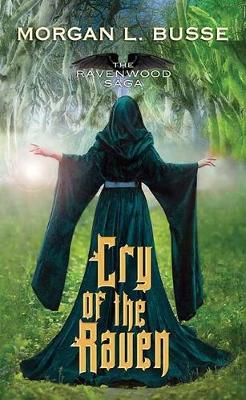Reviewed by ladygrey on
And the secondary characters were good, Caiaphas and Taegis and Leo and Elhric and Bryren. They were interesting and developed enough even as written—they could have done something really interesting of added weight and a dynamic edge to the skirmish scenes if they were well used.
Also, ugh! I’m so sick of Selene questioning Damien in the beginning. He’s clearly in love with her. He’s said as much. He’s sacrificed his own potential for happiness to marry her. And protected her again and again. Her questioning if she can trust him is just stupid and kind of infuriating. And even when she finally gets over it she keeps bringing it back up reminding herself and the reader of it. Just be done with it already.
And she makes such a big deal for pages and pages (and throughout the book) about what happened 400 years ago. It’s betrayal but by people long dead with had no bearing on the people in the room with her. It’s so ridiculous and illogical because nobody betrayed her. Get over it.
I will grant that the classic maneuver to split apart the couple right when they need to talk and sort things out actually works. There’s the one off the few breaths of actual character connection and it isn’t some misunderstanding or running away for stupid reasons. It’s a choice and it makes sense for the plot and because of that they are back and forth, together and apart, for a lot of the book and it allows them to be both a couple and individuals with their own strengths and responsibilities.
There’s a lot of repetition, from the previous books, from this book again and again. It repeats the history of the world and these characters that we all know by now.
And even deep into act 3 when it should be all tense and exciting I found it easy to put down and leave for a day. Which says a lot about how engaged I was by the story and especially the characters in this final book. They weren’t bad there were just far from enthralling. Also it bothered me that Selene gave up, that she believed the lie. It would be one thing if she was depleted, but she bends her will and gives up, for just a moment, but it’s enough to damage my view of her.
The good thing is that the characters and world are strong enough that I didn’t dislike this book. I was just disappointed because it could have been really fantastic.
Reading updates
- Started reading
- 9 April, 2020: Finished reading
- 9 April, 2020: Reviewed
